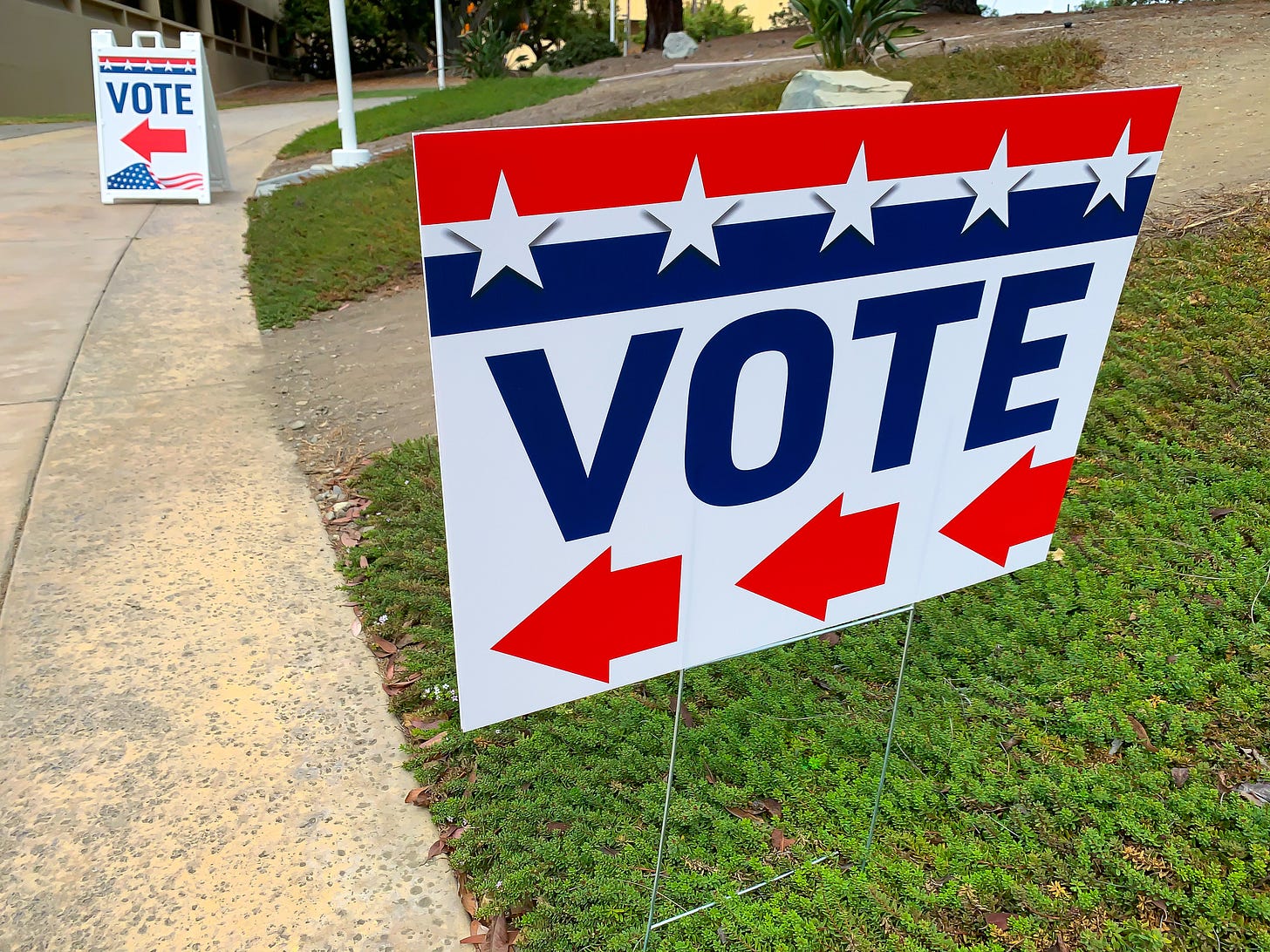White House releases Native voting rights report
Calls on Congress to pass Native American Voting Rights Act.
WASHINGTON — The White House today released a report highlighting a number of barriers facing Native American voters and offering several recommendations for policymakers to break down the barriers.
Key points, as highlighted by the White House, follow:
Congress should pass the Freedom to Vote Act and the John Lewis Voting Rights Advancement…
Keep reading with a 7-day free trial
Subscribe to Indigenous Wire to keep reading this post and get 7 days of free access to the full post archives.


